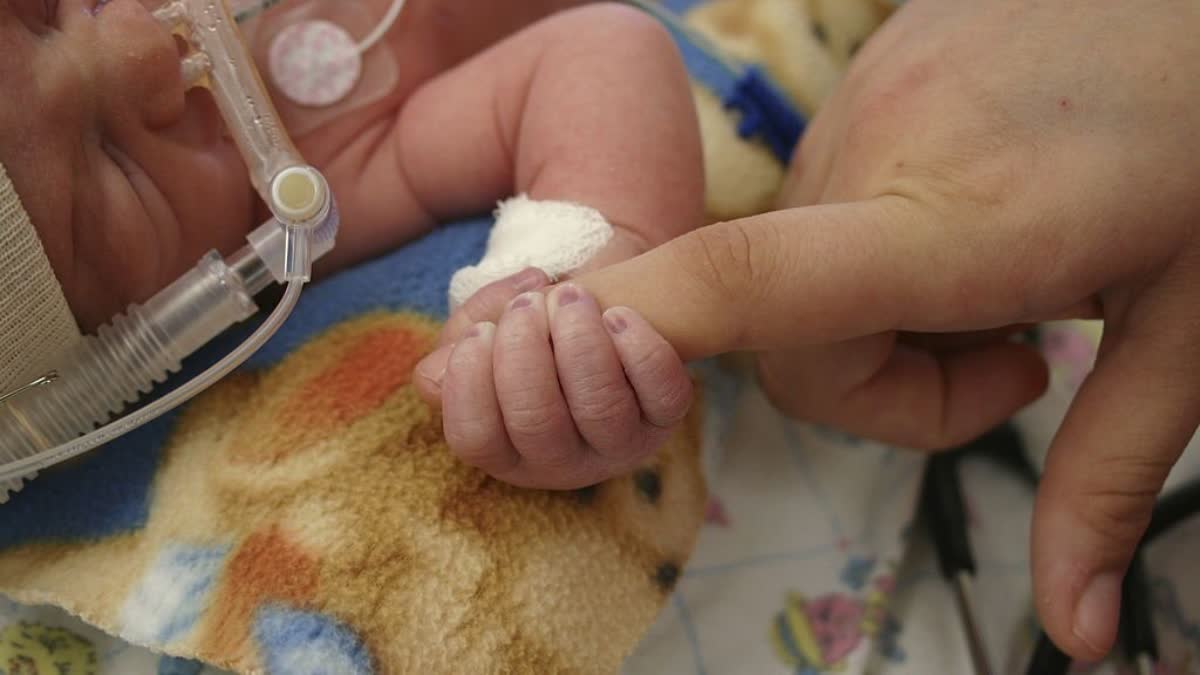New Delhi: Increase in maternal education in India is associated with reduction in preventable deaths in children under the age of five, according to a study. The research, published in the journal Health & Place, is the first to explore the relationship between maternal education and children's health in the rural-urban context in India.
"Understanding how education affects under-five mortality is crucial for understanding future population dynamics in developing countries," said study corresponding author, Samir K.C from the International Institute for Applied Systems Analysis (IIASA), Austria. The researchers analysed five rounds of the Indian National Family Health Survey (NFHS I-V) conducted between 1992 to 1993, and 2019 to 2021.
The under-five mortality rate was calculated using data from a questionnaire, which collected detailed information about birth history data among women, especially the date of birth and survival status of each live birth, and the age at death of each deceased live birth. The questionnaire also provided additional information such as age, education, religion, caste, and reproductive behaviours. The data gathered was then fed into a computer model to analyse predictors of under-five mortality.
The results show that under-five mortality remained higher in rural India across the five study surveys, which may be attributed to poor socioeconomic and healthcare conditions that prevailed there. However, after controlling for socioeconomic and maternal health predictors, the earlier surveys show a higher risk of under-five deaths in urban areas that have converged in recent years, resulting in no significant difference between rural and urban areas, the researchers said.
